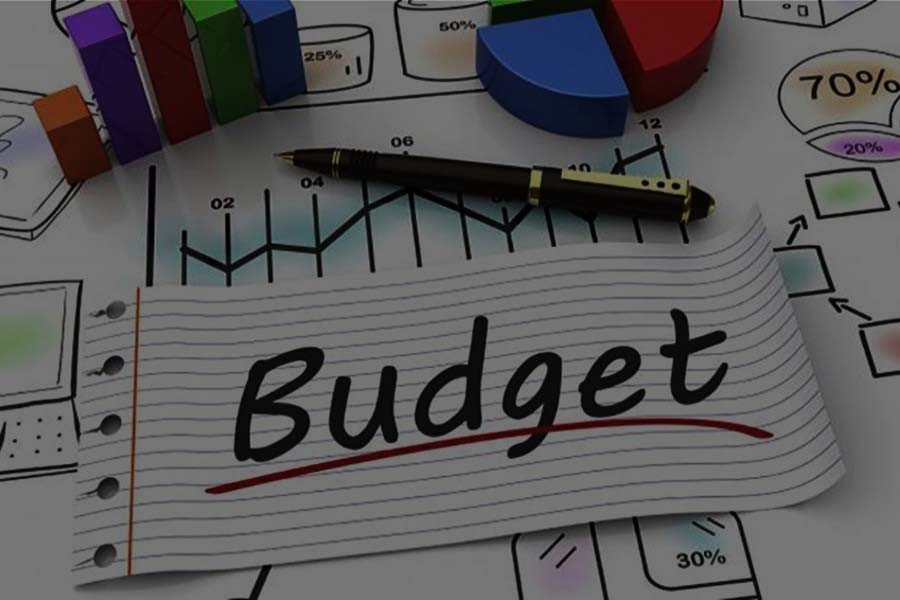The government should negotiate with international financial organisations on low cost loans to meet the budget deficit for fiscal 2020-2021 instead of putting additional pressure on troubled local banks, analysts say.
They said Bangladesh is in a better position to bargain with foreign lenders to get loans needed to speed up recovery of the pandemic-hit economy by making the highest-ever foreign exchange reserves as a sales pitch.
The views came at a virtual dialogue titled 'Budget 2020-21 and Its Effectiveness to Fight against Covid-19 Crisis' organised by Economics Study Center, the student chapter of the Department of Economics of the University of Dhaka on Sunday.
Presided over by DU Professor Dr M M Akash, the dialogue was also addressed by former president of the Federation of Bangladesh Chambers of Commerce and Industry Mir Nasir Hossain, DU Professor Dr Selim Raihan, Directorate General of Health Services Director (Planning and Research) Dr Iqbal Kabir, Senior Research Fellow of Bangladesh Institute of Development Studies Dr Nazneen Ahmed and ECS president Tanjim-Ul-Islam.
Dr Akash said Bangladesh is no more in the category of least developed country (LDC), which will make it difficult for the government to get loans from foreign sources below 1.0 per cent interest rates like before.
Referring to the country's highest ever forex reserve of US$ 34 billion, the economist believes that the robust foreign currency build-up may help the country secure credit from multilateral lenders.
Dr Raihan said the government should explore alternative options to meet its higher budget deficit as revenue collection target may not be achieved in the next fiscal as fallout of coronavirus pandemic.
The government has set a target of borrowing Tk 840 billion from the banking system to meet budget deficit, which will exert pressure on the sector as well as interrupt the flow of private sector credit growth.
"The government should consider taking out more loans from the World Bank and the International Monetary Fund, but the authorities concerned need to negotiate on keeping the interest rate low," he said.
Terming Bangladesh's tax-GDP ratio lowest in South Asian, the former FBCCI president said in a country of nearly 170 million people, only 2.0 to 2.2 million pay income taxes.
"Without expanding the tax net, it is not possible for the government to reduce dependence on bank borrowing, increase private sector growth and improve state service quality," he said.
For the sake of reopening the economy, preventing virus transmission among the workers should be the first priority, Mr Nasir said, adding robust testing is the only option.
"Since the PCR testing of the virus is costly and time consuming, the government must introduce rapid testing facility at least for the workers," he argued.
Expressing concern over the government's plan to borrow big chunk of money to meet the budget deficit, he said the authorities concerned should negotiate with foreign lenders to get low-cost loans instead of putting more pressure on the ailing banking sector.
Ms Ahmed noted that maintaining positive GDP growth would be enough in the post-pandemic period, but the government's 8.2 per cent projection for the next fiscal generated scepticism among many.
The government needs to ensure social security and employment for people, specially returned migrant workers, she said.
"It is not possible to accommodate all the returnees in the agriculture sector, separate and specific plan is needed for these newly-unemployed people."


